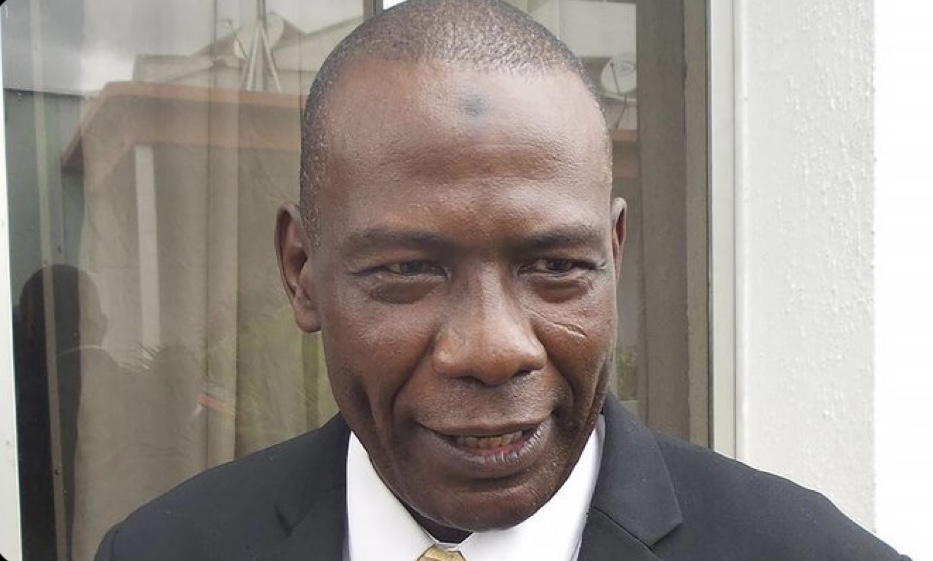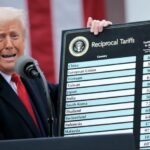Support ABCON to Boost Forex Inflows, Stabilise Naira, CBN Told

The Association of Bureau De Change Operators of Nigeria (ABCON) has called on the Central Bank of Nigeria (CBN) to provide stronger support to licensed Bureau De Change (BDC) operators, urging the apex bank to empower them in mobilising foreign exchange inflows and stabilising the naira
ABCON President, Aminu Gwadabe, emphasized that BDCs serve as the closest link to retail forex users and play a critical role in capturing diaspora remittances and other small-scale foreign exchange inflows. He noted that enhancing the capacity of BDCs could significantly boost liquidity in the forex market, especially during the festive period, popularly referred to as “Detty December,” when economic activities, tourism, and diaspora visits surge. The support of the CBN will enable BDCs to retain more foreign exchange inflows within the country, thereby contributing to a stronger and more stable naira,” Gwadabe said. The call comes amid recent efforts by the CBN to improve forex market transparency, including the introduction of the FX Code and interventions to increase liquidity. Analysts have noted that a stable naira is critical for reducing inflationary pressures, improving investor confidence, and lowering import costs. Nigeria’s external reserves recently hit approximately US$42 billion, the highest in several years, giving the CBN room to implement measures that support currency stability. However, experts caution that empowering BDCs is only part of the solution. Structural economic challenges, such as dependence on oil exports, inflation, and fiscal deficits, remain key factors affecting forex stability. For any lasting impact, BDCs must operate within a well-regulated and transparent framework to avoid speculative behaviours and backdoor forex transactions. Market watchers will be closely observing the CBN’s response to ABCON’s appeal, including potential mechanisms to incentivize BDCs, streamline remittance channels, and enhance reporting and compliance standards. The effectiveness of these measures will likely influence future foreign exchange inflows and the stability of the naira.









